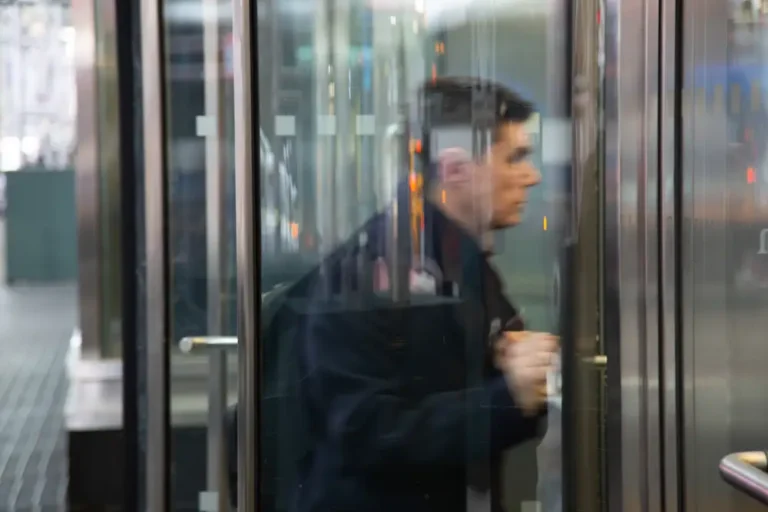California workers will get five sick days instead of three under law signed by Gov. Newsom

SACRAMENTO, Calif. — Workers in California will soon be entitled to at least five days of paid sick leave per year, up from three, under a new law signed by Gov. Gavin Newsom on Wednesday.
The law, which goes into effect in January, also increases the amount of sick leave that employees can carry over into the next year. According to Newsom, it demonstrates that putting workers’ health and well-being first “is of the utmost importance for California’s future.”
“Too many people are still forced to choose between missing a day of work and caring for themselves or family members when they become ill,” Newsom said in a statement announcing his decision.
It was one of over a dozen bills signed by the Democratic governor on Wednesday. He has until the middle of October to act on all of the legislation that has been sent to him this year. He has the authority to sign, veto, or allow bills to become law without his signature.
Aside from preventing employees from having to choose between taking a day off or being paid, supporters of sick day legislation argue that it will help reduce disease spread and ensure employees can be productive at work. However, the California Chamber of Commerce, which represents businesses throughout the state, has stated that it will be difficult for small businesses.
“Far too many small employers simply cannot absorb this new cost, especially when viewed in context of all of California’s other leaves and paid benefits, and they will have to reduce jobs, cut wages, or raise consumer prices to deal with this mandate,” Jennifer Barrera, president of the group, said in a statement.
The bill was one of several major labor initiatives introduced in the legislature this year, including proposals to raise health-care worker wages and allow legislative staffers to unionize. Newsom has already signed legislation increasing the minimum wage for fast food workers to $20 per hour. However, he vetoed a bill Saturday that would have provided unemployment benefits to striking workers, citing the state’s debt of nearly $20 billion.
The Western States Council of the United Food and Commercial Workers, which supported the sick day legislation, stated that it will help prevent the spread of deadly diseases.
“Five paid sick days is a step in the right direction, and workers will be less likely to be forced to risk their livelihoods to do the right thing and stay home when they’re sick because of this bill,” Andrea Zinder, president of the group’s Local 324 chapter, said in a statement.
Newsom also signed legislation on Wednesday prohibiting local governments from manually counting ballots in most cases, in response to a rural Northern California county’s plan to stop using voting machines.
Shasta County’s board of supervisors, which is controlled by a conservative majority, voted earlier this year to terminate its contract with Dominion Voting Systems, a company that has been the target of unfounded allegations of fraud leveled by former Republican President Donald Trump and his allies. County officials reported a drop in public trust in the company’s machines.
Local leaders did not have a plan in place at the time for how the county would conduct future elections for its 111,000 registered voters. The county had been preparing to count ballots by hand for its next election, which will be held on Nov. 7, 2023, to fill seats on the school board and the fire district board, as well as to decide the fate of two ballot measures.
Shasta County officials’ plans have been halted by the new law, which takes effect immediately. The law makes the only exceptions for regularly scheduled elections with fewer than 1,000 eligible registered voters and special elections with fewer than 5,000 eligible voters.
Assemblymember Gail Pellerin, a Democrat from Santa Cruz who authored the bill and is a former local elections official, said the legislation provides necessary safeguards for elections. Local governments must also use state-certified voting machines, according to the law.
The bill “ensures that no California voter will be disenfranchised by the actions and decisions of ill-informed political actors,” she said in a statement.
The rural county has been divided by the legislation. Democratic Shasta County Clerk Cathy Darling Allen called the law “commonsense protection for all California voters.”
Despite the county’s decision to retire its Dominion voting machines, local officials granted her permission to purchase the equipment required to comply with federal voting laws for voters with disabilities. Hart InterCivic’s system, which was purchased, includes scanners capable of electronically tabulating votes. Darling Allen stated that the equipment will be used to tabulate votes in upcoming elections.
In September, Shasta County Board of Supervisors Chair Patrick Henry Jones told The Associated Press that the county would sue to overturn the law, adding that state officials “cannot guarantee that these machines haven’t been manipulated.” Jones did not respond immediately to a request for comment on Newsom’s signing of the bill into law.
While hand counts of ballots are done in some areas of the United States, they are usually done in small jurisdictions with a small number of registered voters. Hand counts, on the other hand, are commonly used as part of post-election tests to ensure that machines are correctly counting ballots, but only a small portion of ballots are counted manually.






